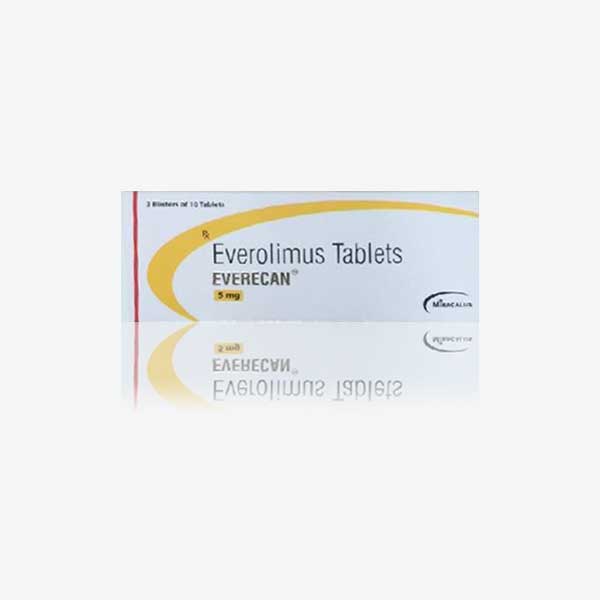

Buy Everecan : Everolimus 5 mg Tablets Online
$90.96
Brand Name : Everecan
Composition : Everolimus
Manufactured by : Miracalus Pharma Pvt. Ltd.
Strength : 5mg
Form : Tablet
Packing : Price per strip of 10 tablets
Prescription Required *

Buy Everecan : Everolimus 5 mg Tablets Online
$90.96
- Description
- Reviews (0)
Description
Description: Everecan, or Everolimus, is an oral medication that is part of the mTOR inhibitor class. It is designed to target the mTOR (mammalian target of rapamycin) pathway, which plays a crucial role in cell growth and proliferation.
Composition: The active ingredient in Everecan is Everolimus.
Uses: Everecan is prescribed for various conditions, including certain types of cancers such as advanced breast cancer, advanced kidney cancer, pancreatic neuroendocrine tumors, and subependymal giant cell astrocytoma (SEGA) associated with tuberous sclerosis.
How to Use: Everecan is typically administered orally in the form of tablets. The specific dosage and administration instructions will be determined by the healthcare provider based on the patient’s condition and other factors.
Dosage: The dosage of Everecan can vary depending on the type of condition being treated and individual patient factors. It is crucial to follow the prescribed dosage as directed by the healthcare provider.
Storage Conditions: Everecan should be stored according to the manufacturer’s instructions. Typically, it is stored in a cool, dry place, and precautions are taken to ensure its stability.
Mechanism of Action: Everolimus inhibits the mTOR pathway, a cellular signaling pathway involved in the regulation of cell growth and metabolism. By blocking this pathway, Everolimus helps slow down or inhibit the growth of cancer cells.
Precautions:
- Patients with a known hypersensitivity to Everolimus or its components should not use Everecan.
- Regular monitoring may be required during treatment to manage potential side effects.
Contraindications: Certain medical conditions or patient characteristics may contraindicate the use of Everecan. Consultation with a healthcare professional is necessary to assess individual contraindications.
Interactions: Everecan may interact with other medications or substances. It is crucial to inform the healthcare provider about all medications, including prescription, over-the-counter, and herbal supplements.
Overdose: In case of a suspected overdose, seek immediate medical attention. Overdose symptoms may vary, and professional medical assistance is required.
Side Effects: Common side effects of Everecan may include stomatitis (mouth sores), fatigue, rash, diarrhea, and metabolic abnormalities. Serious side effects can occur, and patients should promptly report any unusual or severe symptoms to their healthcare provider.
Always consult with a healthcare professional for the most accurate and personalized information regarding the use of Everecan (Everolimus) or any other medication. If “Everecan” is a new or specific term not covered in my knowledge base, please refer to official prescribing information or consult healthcare professionals for details.
Be the first to review “Buy Everecan : Everolimus 5 mg Tablets Online” Cancel reply
Related Products
Buy Aromasin : Exemestane 25 Mg Tablets Online
Total Sales: 0
SKU: 819449
Buy Casodex : Bicalutamide 50mg Tablets Online
Total Sales: 0
SKU: 626446
Buy Clokeran : Chlorambucil 5 Mg Tablets Online
Total Sales: 0
SKU: 858738
Buy Dacotin : Oxaliplatin 100 Mg Injection Online
Total Sales: 0
SKU: 925185
Buy Epithra : Epirubicin 100 Mg Injection Online
Total Sales: 0
SKU: 678193




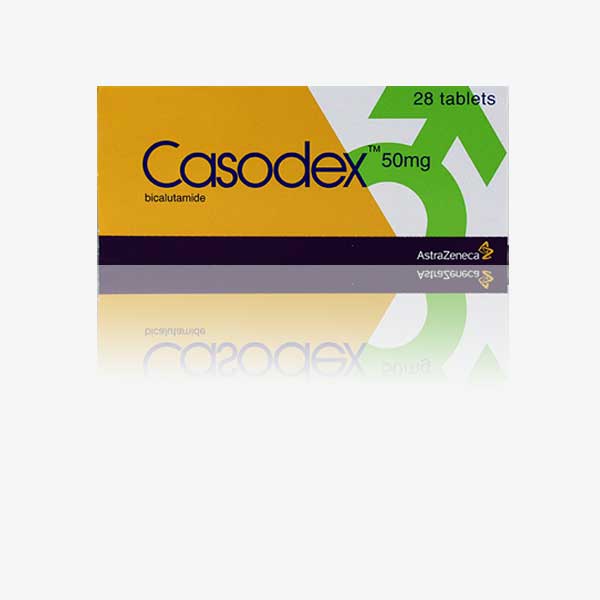
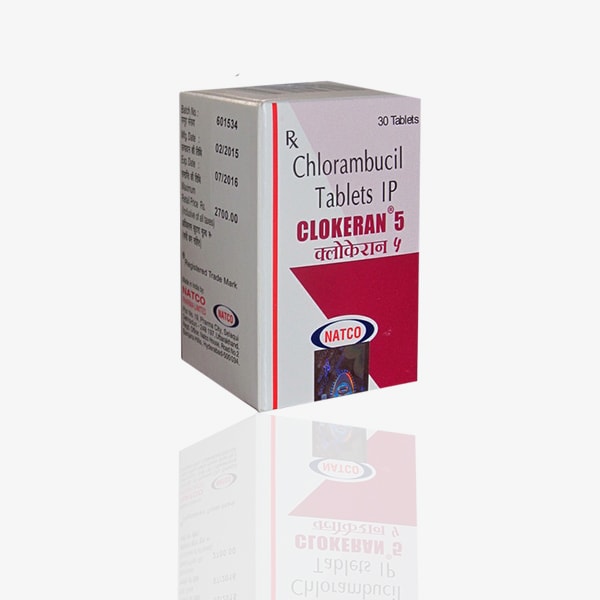
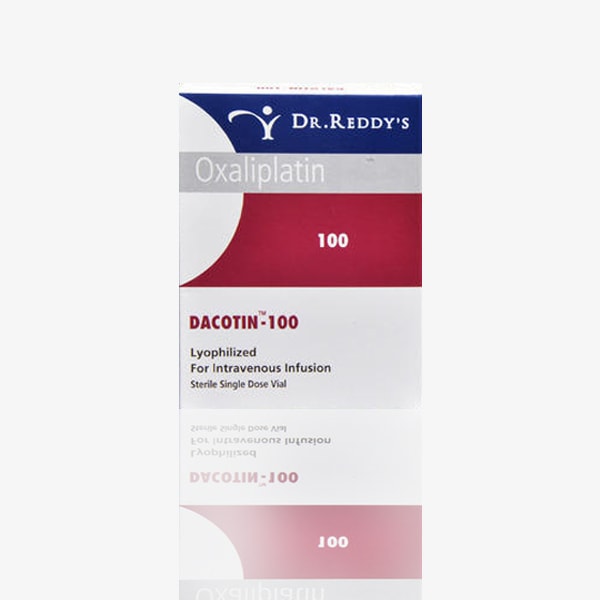
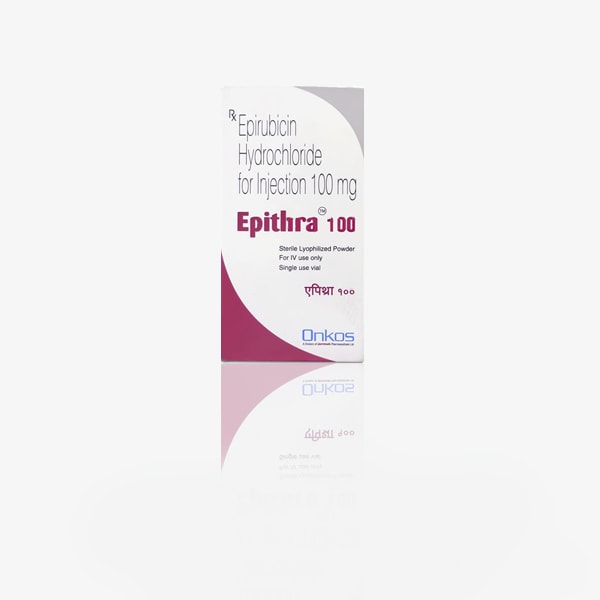
Reviews
There are no reviews yet.